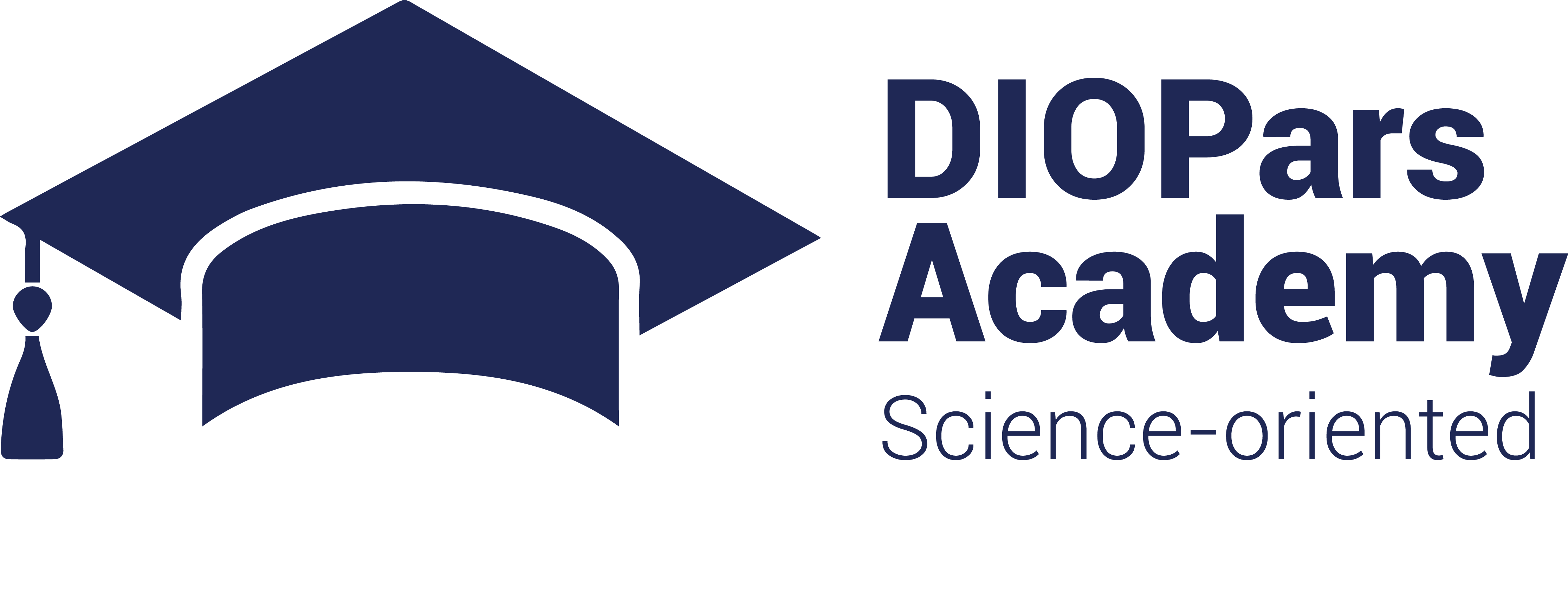- Beyond the Coastline: Current ghana news, Economic Shifts, and Cultural Stories Shaping the Nation.
- Economic Shifts and Growth Prospects
- The Impact of Cocoa Prices
- Investment in Infrastructure
- Political Landscape and Governance
- Challenges to Democratic Governance
- Regional Influence and International Relations
- Cultural Vibrancy and Social Issues
- Preserving Traditional Heritage
- Addressing Social Inequalities
- Technological Advancements and Digital Transformation
- The Rise of Fintech
- Bridging the Digital Divide
Beyond the Coastline: Current ghana news, Economic Shifts, and Cultural Stories Shaping the Nation.
Ghana, a West African nation celebrated for its rich history and vibrant culture, is currently navigating a period of significant transformation. This extends beyond the familiar narratives of cocoa production and gold mining to encompass rapidly evolving economic landscapes, complex political dynamics, and compelling human-interest stories. Understanding the current ghana news requires a nuanced perspective, encompassing not only headline events but also the underlying trends shaping the nation’s trajectory. This article delves into the core aspects of Ghana’s present state, offering a comprehensive overview of its key developments.
Economic Shifts and Growth Prospects
Ghana’s economy has experienced fluctuations in recent years, largely influenced by global commodity prices and domestic policy decisions. While traditionally reliant on exports of raw materials, the nation is actively pursuing diversification strategies to foster sustainable growth. These involve investments in sectors like tourism, technology, and manufacturing, aiming to reduce vulnerability to external shocks. However, challenges remain, including rising debt levels, inflation, and the need for improved infrastructure. Recent government initiatives focus on attracting foreign direct investment and promoting local entrepreneurship. These programs are crucial steps toward solidifying the country’s financial future.
| GDP Growth Rate | 4.8% | 3.4% | 2.3% |
| Inflation Rate | 9.7% | 31.7% | 25.7% |
| Public Debt (GDP %) | 76.6% | 85.1% | 88.5% |
The Impact of Cocoa Prices
Cocoa remains a cornerstone of Ghana’s economy, contributing substantially to export earnings and employment. Fluctuations in global cocoa prices significantly impact the nation’s revenue streams. Recent market volatility, driven by weather patterns and demand shifts, has presented both opportunities and challenges for Ghanaian cocoa farmers and the broader economy. Government interventions, including price stabilization measures and support programs for farmers, are aimed at mitigating the effects of price swings. Sustainable cocoa farming practices are also gaining prominence, driven by concerns about environmental sustainability and fair trade principles.
Investment in Infrastructure
Developing robust infrastructure is paramount for Ghana’s economic advancement. Current efforts center on expanding transportation networks – including roads, railways, and ports – to facilitate trade and connectivity. Investments in energy infrastructure, particularly renewable energy sources, are crucial for addressing the country’s growing energy needs and reducing carbon emissions. Public-private partnerships are playing an increasingly important role in financing and implementing infrastructure projects. The objective is to create an environment conducive to business growth and attract both domestic and international investment.
Political Landscape and Governance
Ghana is often lauded as a stable democracy in a region facing numerous political challenges. However, the political landscape is not without its complexities. Issues such as corruption, ethnic tensions, and the need for electoral reforms remain key concerns. Recent elections have been closely contested, highlighting the importance of strengthening democratic institutions and promoting good governance. The government is actively engaged in initiatives to enhance transparency, accountability, and citizen participation in decision-making processes. These pursuits are essential for upholding the rule of law and fostering social cohesion.
- Strengthening the Judicial System
- Promoting Electoral Integrity
- Combating Corruption
- Enhancing Citizen Participation
Challenges to Democratic Governance
Despite its relative stability, Ghana’s democracy faces ongoing challenges. Concerns about political interference in the judiciary and law enforcement agencies persist. Corruption remains a significant impediment to economic development and public trust. Strengthening civil society organizations and promoting a vibrant, independent media are essential for holding power accountable. Addressing issues of social inequality and marginalization is also crucial for consolidating democratic gains. A more inclusive and equitable society is foundational to a robust and sustainable democracy.
Regional Influence and International Relations
Ghana plays a prominent role in regional affairs, actively participating in institutions such as the Economic Community of West African States (ECOWAS). It has been a leading advocate for peace and security in the region, mediating conflicts and promoting regional integration. Ghana maintains strong diplomatic ties with major global powers, seeking to leverage these relationships for economic cooperation and development assistance. The country is committed to multilateralism and actively engages in international forums to address global challenges such as climate change, poverty, and disease.
Cultural Vibrancy and Social Issues
Ghana’s cultural heritage is exceptionally rich and diverse, encompassing a blend of traditional practices and modern influences. Music, dance, art, and literature thrive, reflecting the nation’s creative energy and historical roots. Tourism plays an increasingly important role in showcasing Ghana’s cultural attractions and generating revenue. However, the country also faces social challenges, including poverty, inequality, limited access to education and healthcare, and gender disparities. Addressing these issues is critical for ensuring inclusive and sustainable development.
| Poverty Rate | 23.8% | 24.5% | 25.1% |
| Literacy Rate (Adults) | 76.1% | 76.9% | 77.5% |
| Access to Healthcare | 65.3% | 66.8% | 68.1% |
Preserving Traditional Heritage
Ghana’s traditional cultures are integral to its national identity. Efforts are underway to preserve and promote cultural heritage through museums, cultural centers, and traditional festivals. Supporting local artisans and craftspeople is crucial for sustaining traditional skills and fostering economic empowerment. Balancing the preservation of traditional values with the forces of modernization presents a significant challenge. Maintaining the dignity and relevance of traditional practices in a rapidly changing world requires careful consideration and proactive initiatives.
Addressing Social Inequalities
Reducing social inequalities is a central priority for Ghana’s development. Targeted interventions are needed to improve access to education, healthcare, and economic opportunities for marginalized groups, including women, rural communities, and persons with disabilities. Investing in social safety nets and promoting inclusive growth are essential for mitigating the effects of poverty and vulnerability. Addressing systemic discrimination and promoting equal rights for all citizens are fundamental to creating a more just and equitable society.
Technological Advancements and Digital Transformation
Ghana is experiencing a burgeoning digital revolution, propelled by increased access to mobile technology and the internet. Technological advancements are transforming various sectors, including finance, healthcare, agriculture, and education. Initiatives such as mobile money, e-commerce platforms, and digital literacy programs are empowering individuals and businesses. The government is actively promoting a digital economy through policies aimed at attracting investment in the technology sector and fostering innovation. However, addressing the digital divide and ensuring equitable access to technology remain critical challenges.
- Expanding Broadband Infrastructure
- Promoting Digital Literacy
- Supporting Tech Startups
- Enhancing Cybersecurity
The Rise of Fintech
Fintech (financial technology) is rapidly gaining traction in Ghana, revolutionizing access to financial services. Mobile money platforms have become ubiquitous, enabling millions of Ghanaians to make payments, transfer funds, and access credit. Digital lending platforms are expanding access to finance for small and medium-sized enterprises (SMEs). Blockchain technology is being explored for its potential to enhance transparency and security in financial transactions. However, regulating the fintech sector effectively while fostering innovation remains a delicate balancing act. Ensuring consumer protection and data privacy are crucial for building trust in digital financial services.
Bridging the Digital Divide
Despite progress in digital adoption, a significant digital divide persists in Ghana, particularly between urban and rural areas. Limited access to internet connectivity and digital devices hinders the ability of many Ghanaians to participate in the digital economy. Investing in infrastructure, promoting digital literacy, and addressing affordability barriers are essential for bridging this gap. Targeted initiatives are needed to empower rural communities and ensure that everyone has the opportunity to benefit from the digital revolution. This concept addresses inclusivity and equal access to opportunities.


